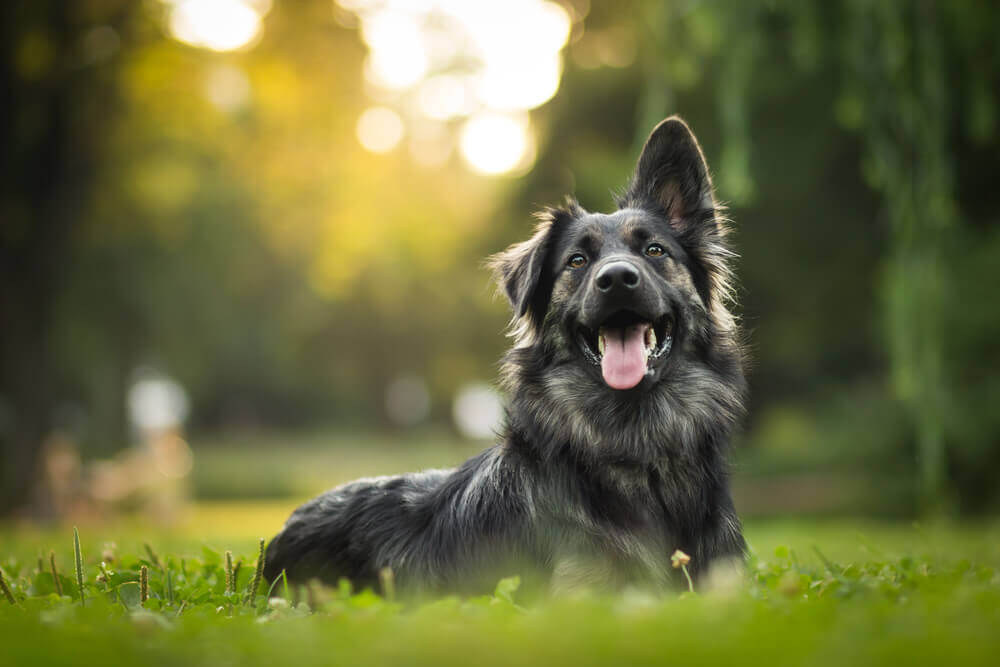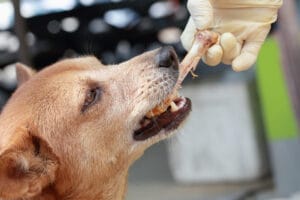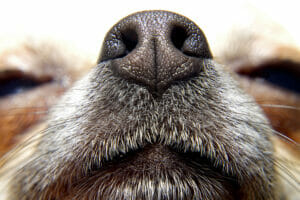Older dogs may need some extra care. Here’s 11 ways you can keep your senior dog comfortable, healthy and happy.
We all love our pets like family, and wish they could live forever! Sadly, that’s not the case. But we can do our best to keep them healthy, happy and comfortable until the end. As their best friends, let’s give them their best life possible. These 11 tips about senior dog health can help you give the best care to your aging dog.
1. Vet Visits
As dogs get older, they may have more health issues and needs. Taking your senior dog for an annual checkup will help you and your veterinarian catch issues before they get too severe. Ask your vet about any questions or concerns you have about your aging dog. Even if you think it’s nothing—it’s always better safe than sorry.
2. Nutritious Diet
As dogs age, it’s even more important to keep them on a high quality, whole food diet. Always seek nutritious food with the best ingredients to support your dog’s needs (Spot & Tango only uses 100% fresh, human-grade ingredients). A healthy diet means a healthy dog. And healthy ingredients can help your older pup maintain a healthy weight. Over 55% of the dogs in the US are overweight. Not only can this affect your dog’s immune system, but it will make those achy hips and joints hurt even more.
3. Plenty of Exercise
Along with a nutritious diet, your older pup needs to get enough exercise. Be careful to not push your aging dog too hard. But keep those paws moving—even if it’s in the water! Swimming is a fun and great exercise for dogs. And it’s great on the joints for those achy, older dogs.
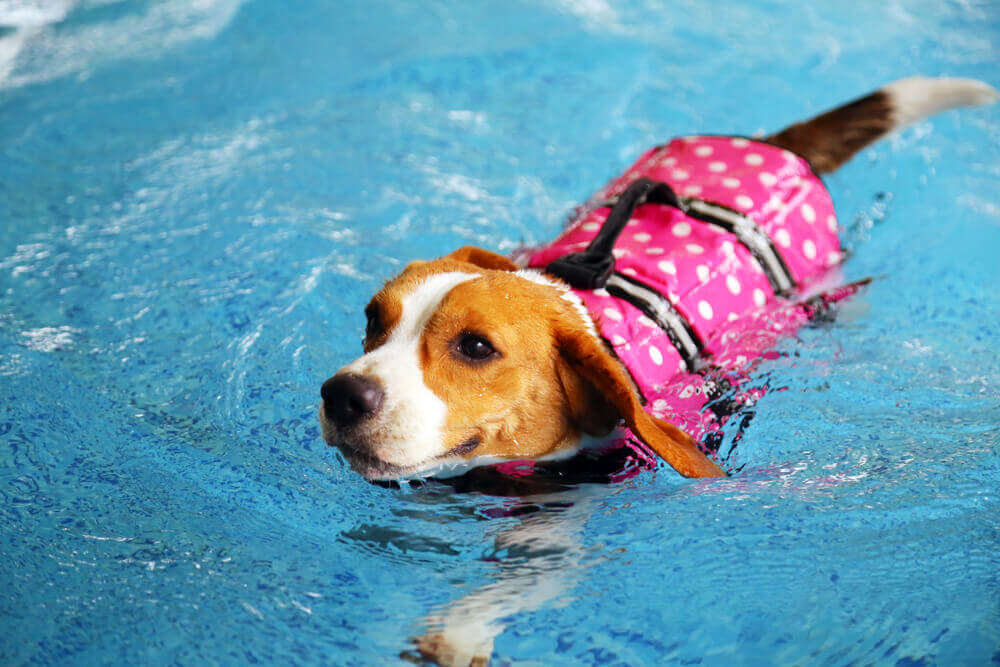
4. Time To Brush Those Teeth
Do people really brush their dog’s teeth? The answer is YES! Oral health is extremely important. You can get a professional teeth cleaning for your senior dog at the vet, but their teeth can also be helped with regular brushings at home. You can use a human toothbrush, or a special dog toothbrush.
But DON’T use human toothpaste! Dog’s have their own formulated toothpastes that are healthy and safe for them. Plus dental treats and chew sticks can help fight against oral disease and knock off that pesky tartar.
5. Meds and Supplements
Help your senior dog avoid a lot of health issues and pain by keeping them on preventative medicines and supplements. Just like how we take our daily vitamins, senior dogs benefit from daily supplements—especially if they already have joint and hip issues. Supplements can also be used as a preventative measure, along with any other medications your veterinarian recommends for your aging dog.
6. Vaccinations and Parasite Prevention
Vaccinations and parasite prevention—like flea, tick, and heartworm—are crucial for senior dog health. Older dogs’ immune systems are weaker, which makes it harder for them to heal and fight off disease. Ask your vet if your dog is up to date on their vaccinations, and which parasite preventions they recommend.
7. Regular Dog Groomings
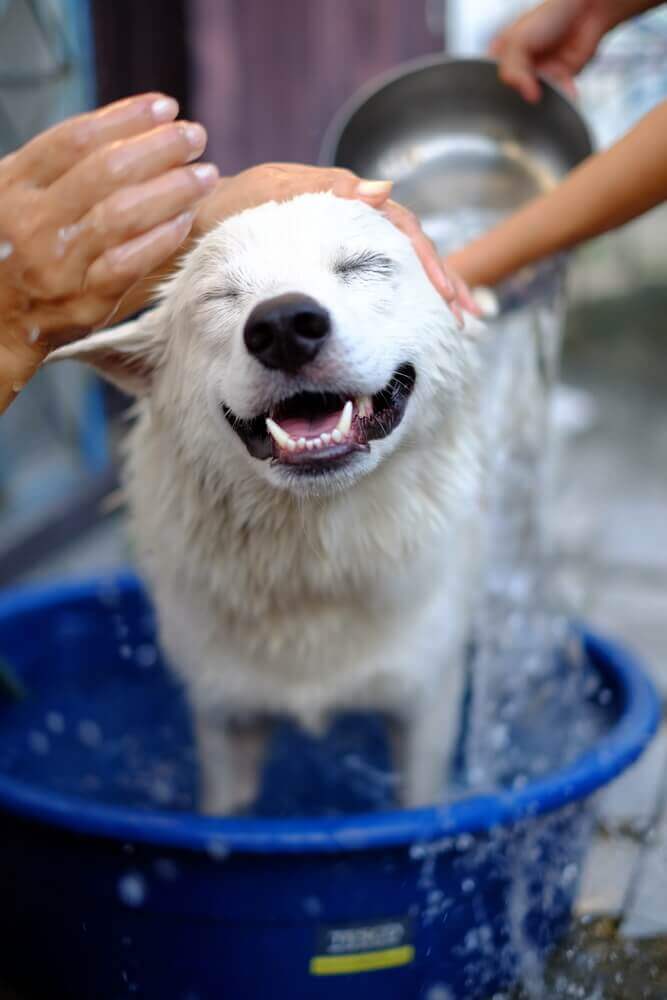
Senior dogs tend to lose the shiny-look to their beautiful coats as they get older. Some older dogs suffer from dry, irritated, and flaking skin. Keep your dog clean with natural shampoos, and their fur brushed and trimmed to avoid matting and tangles. Ask your vet about the frequency of bathing, and how to groom your specific breed.
8. Mental Stimulation
Just like humans, senior dogs can become senile in their old age. To help with this, keep them active and mentally stimulated. You can play games, hide treats and food for them to find, or try out one of those dog bowl puzzles! Time spent playing with other dogs can help too.
9. Watch For Arthritis
Supplements can help a lot, but watch your dog closely. You know when your dog is acting differently: limping, laying around more, acting irritable or lethargic. This could be a sign of arthritis, or even an injury. Talk with your vet, and tell them about any changes you’ve noticed.
10. Seniorize Your Home
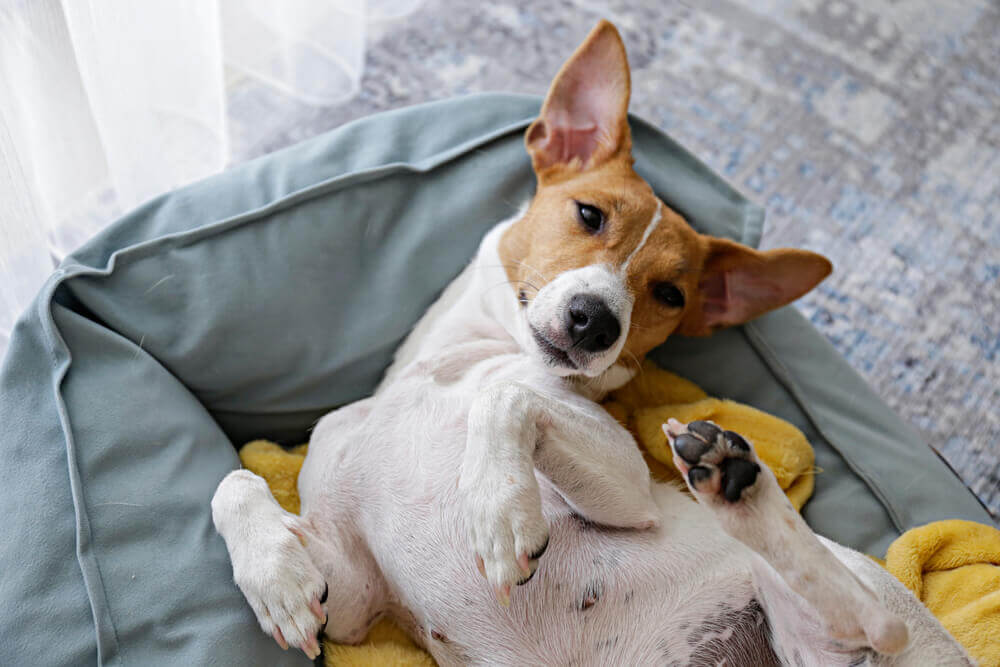
As your dog ages, they will likely have pain from arthritis, and some dogs will even struggle with blindness. You can help them out by keeping the floor clear of any obstacles, putting down sturdy rugs, and helping them avoid excessive stairs and large jumps. Also, make sure they have a soft, supportive bed that will feel good on those achy hips.
11. Plenty of Love and Attention
Although it’s hard to admit, you may not have tons of time left with your precious furbaby. And the most important thing they need is YOU. They want to know they are cared for and loved.
Make the most of your time together. Go on extra outings, take more pictures, and enjoy plenty of snuggles! Treat every day like it’s their last. Caring for your senior dog will help keep them as healthy and as happy as possible.


